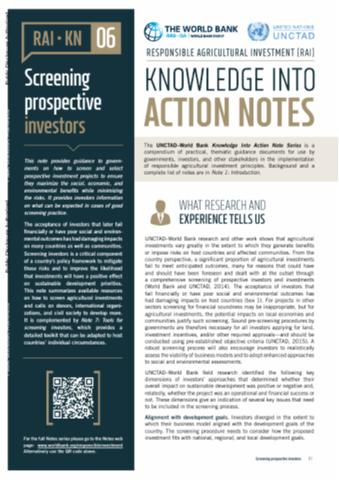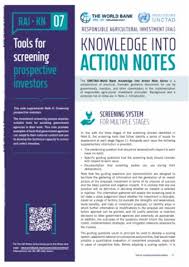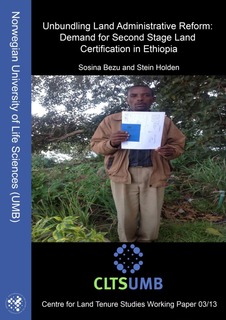The webinar Rolling back social and environmental safeguards in the name of COVID-19, organized by Forest Peoples Programme, the Tenure Facility, Middlesex University, the Lowenstein International Human Rights Clinic and the Land Portal Foundation, took place on Thursday, February 18, 2021.
Global leaders increasingly recognize that land rights for indigenous and local communities are a prerequisite for achieving national and international goals for forest governance, food security, climate mitigation, economic development and human rights.












